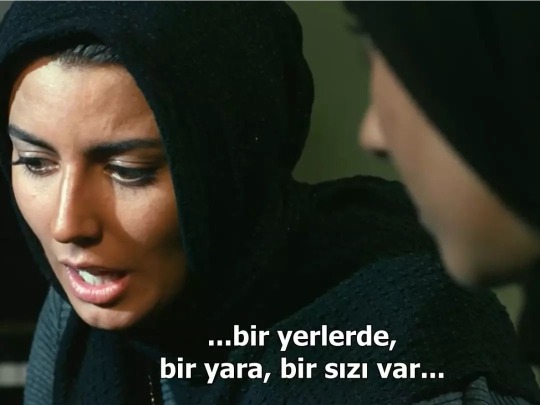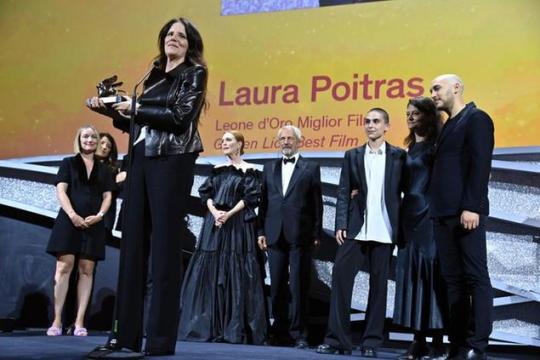#Leila Hatami
Text
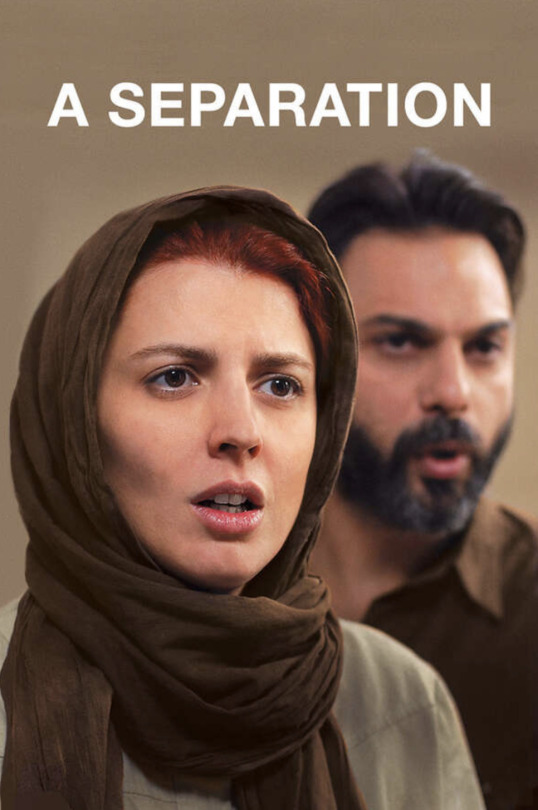
#movies#polls#a separation#2010s movies#asghar farhadi#leila hatami#payman maadi#have you seen this movie poll
56 notes
·
View notes
Text
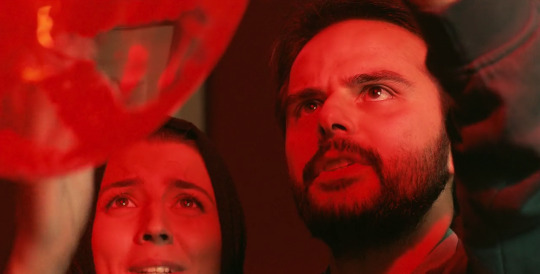


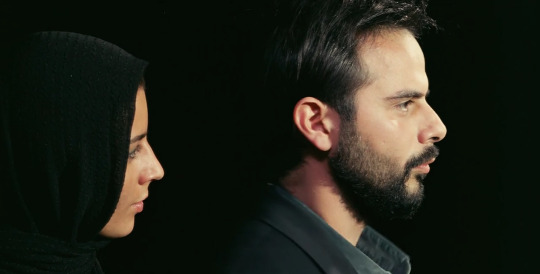
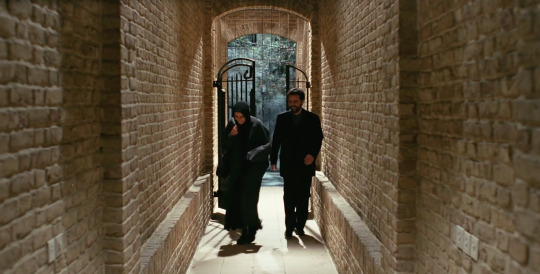
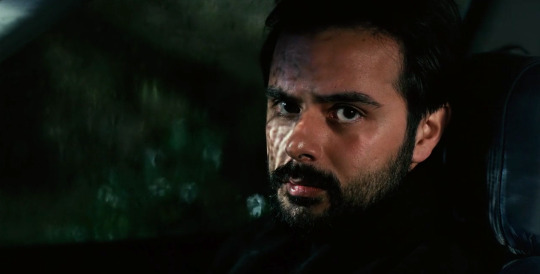
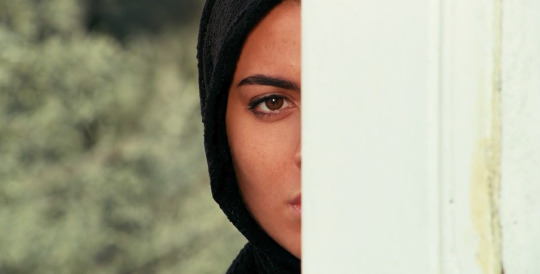



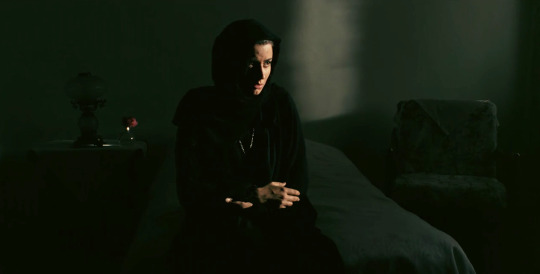

Leila (1997)
directed by Dariush Mehrjui
cinematography by Mahmoud Kalari
#leila#leila 1997#dariush mehrjui#mahmoud kalari#leila hatami#ali mosaffa#iranian cinema#world cinema#dailyworldcinema#screencaps#filmedit#post#cinema!
34 notes
·
View notes
Text
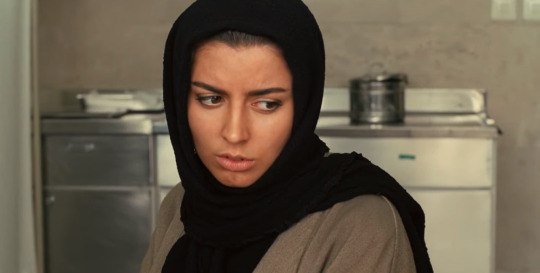



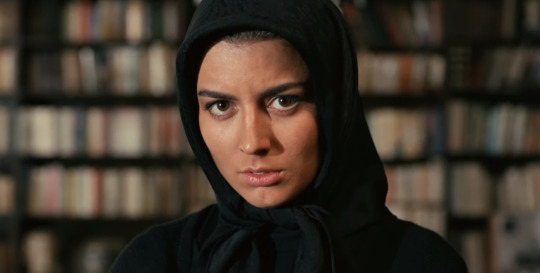
Leila (1997)
22 notes
·
View notes
Text

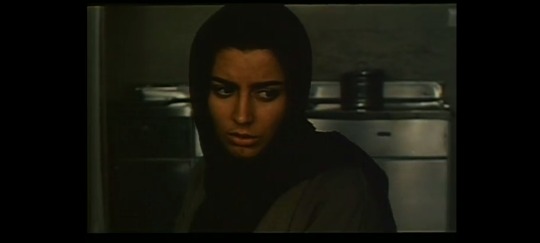
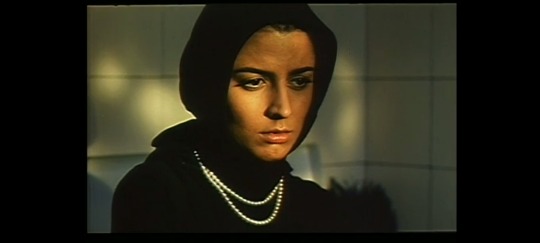



Leila Hatami In Dariush Mehrjui's Leila (1997)
7 notes
·
View notes
Text

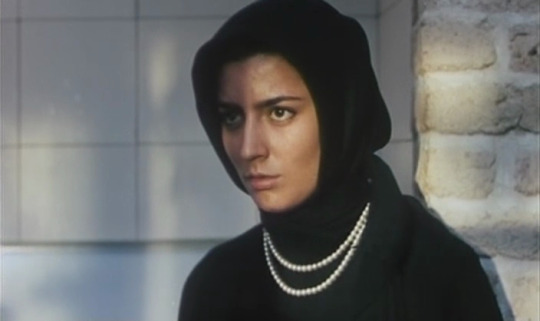

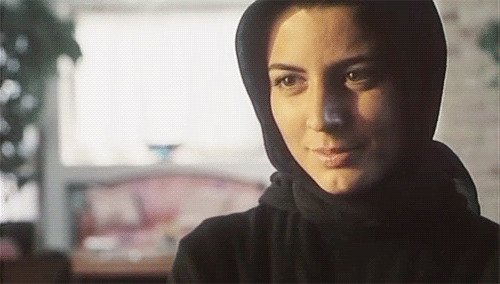

Leila | ليلى film stills (dir. Dariush Mehrjui, 1997)
#dariush mehrjui#leila hatami#leila#film#iranian cinema#persia#iranian film#cinema#movie stills#actors#old films#vintage#film stills#films#90s#90s films
12 notes
·
View notes
Text
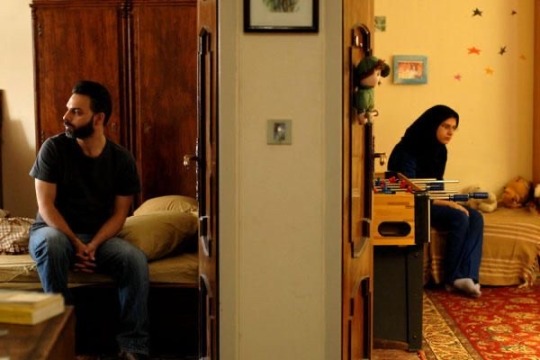
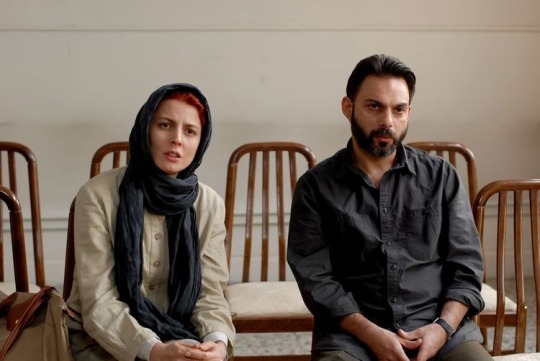

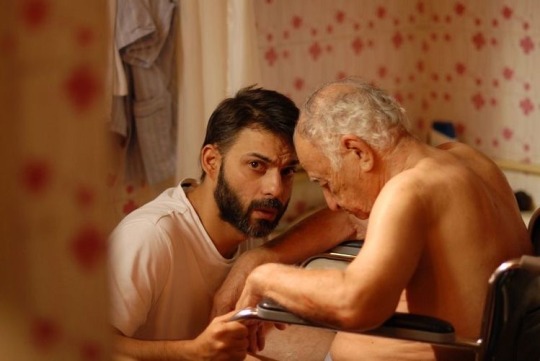
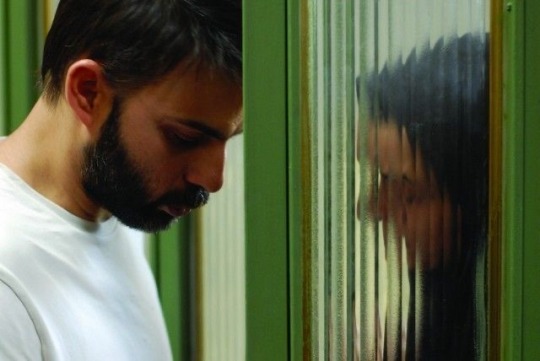
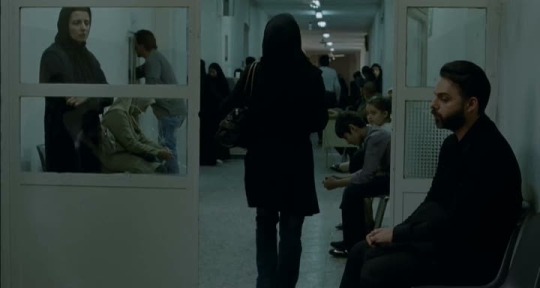
A Separation by Asghar Farhadi, 2011
#movies#cinema#films#shots#iran#Iranian#2010s#cinematography#asghar farhadi#payman maadi#Leila Hatami
16 notes
·
View notes
Text
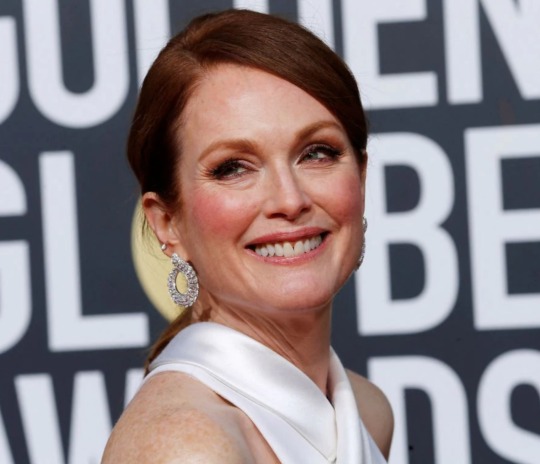
This year's Venice Film Festival organisers announced on Friday that Academy Award-winning actress Julianne Moore will preside over the main competition jury.
French director Audrey Diwan, who won the festival's Golden Lion prize for her film "Happening" last year, Iranian actress Leila Hatami, Italian director Leonardo Di Costanzo, and Nobel Prize-winning author Kazuo Ishiguro will join Moore in selecting this year's winners.
Mariano Cohn, an Argentine director and screenwriter, and Rodrigo Sorogoyen, a Spanish director, will round up the international jury, which decides who receives the festival's top prizes, including the Golden Lion.
From August 31 to September 10, the festival's 79th edition will take place on Lido island.
#julianne moore#venice film festival#jury#audrey diwan#leila hatami#leonardo di costonzo#kazuo ishiguro#films#Lido island#Golden lion#festival#trending#follow#likeforlikes#home#world#movies#love#film festival#popular#instagood#instagram#instalike
5 notes
·
View notes
Text
Iranian Women You Should Known: Leila Hatami
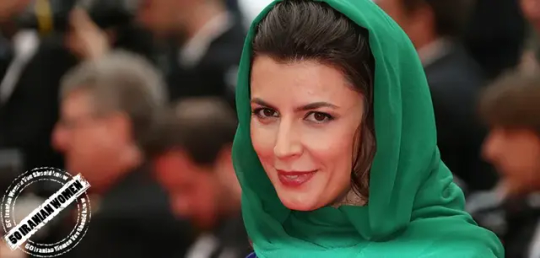
SEPTEMBER 1, 2015
IRANWIRE
7 MIN READ
Global and Iranian history are both closely intertwined with the lives and destinies of prominent figures. Every one of them has laid a brick on history’s wall, sometimes paying the price with their lives, men and women alike. Women have been especially influential in the past 200 years, writing much of contemporary Iranian history.
In Iran, women have increased public awareness about gender discrimination, raised the profile of and improved women’s rights, fought for literacy among women, and promoted the social status of women by counteracting religious pressures, participating in scientific projects, being involved in politics, influencing music, cinema... And so the list goes on.
This series aims to celebrate these renowned and respected Iranian women. They are women who represent the millions of women that influence their families and societies on a daily basis. Not all of the people profiled in the series are endorsed by IranWire, but their influence and impact cannot be overlooked. The articles are biographical stories that consider the lives of influential women in Iran.
Leila Hatami was the leading role in “The Separation,” the first, and to date, only Iranian film to get an Oscar. She is a highly-acclaimed actress. She is also the first and only Iranian woman to sit on the panel for the Cannes Film Festival.
Leila was born in 1972 in Tehran, Iran. Her father, Ali Hatami, was a renowned movie director and her mother, Zari Khoshkam, was a popular movie star before the revolution of 1979. Leila first appeared in a film when she was 10, one of her father’s films, which was about the life and times of the 19th century Iranian painter Kamal-ol-Molk. In it, she played the painter as a young boy. She also appeared in a TV series.
Then eight years later in 1992, she appeared in another one of her father’s films where she played a blind girl. However she did not originally intend to pursue acting. At high school, she studied physics and mathematics and then went on to study electrical engineering in Lausanne, Switzerland. But two years later, she had a change of heart and swapped to French literature. Then her father became ill and she went back to Iran. He died in 1996.
That same year, she played her first adult role in a film called “Leila,” which was directed by prominent film director Dariush Mehrjui. In the film, she played a woman unable to have children. Her acting received praise both inside and outside of Iran.
But during filming, a second story unfolded behind the camera. In the film, she acted alongside Ali Mostafa, who played a loving husband in the film who resisted his mother’s pressure to marry a second wife so that she would have grandchildren. In real life, they fell in love and quickly got married.
In several films, Leila and Ali played a couple on screen, which film critics praised every time. They have two young children, a boy and a girl, who frequently appear alongside their parents on the red carpet in festivals across the world.
Alongside numerous Iranian nominations and awards for her acting, Leila has also received international acclaim. In 2002, she was named winner of the best actress award at the Montreal World Film Festival for her part in a movie called “The Deserted Station.”
After Mahmoud Ahmadinejad became president of the Islamic Republic in 2005, Leila and her husband opened a small café inside a cinema, which they called “Entr’acte.” In the café, they screened short, documentary films. The café became a hangout for intellectuals and artists. However in 2009, the café was burned down after Leila spoke out publicly in support of the former reformist candidate President Mohammad Khatami. The fire was declared arson.
In the troubled aftermath of the disputed 2009 presidential elections, the number of acting jobs for Leila, like other actors, dropped drastically. Then in 2011, she starred in “A Separation,” which was directed by Asghar Farhadi and won an Academy Award for Best Foreign Language Film in 2012. Before that, Hatami received the award for best actress at the Berlin Film Festival and the Palm Springs International Film Festival for her part in the film.
The censors missed it
But when Asghar Farhadi delivered his acceptance speech, Farhadi said, "At this time, many Iranians all over the world are watching us and I imagine them to be very happy. At a time when talk of war, intimidation, and aggression is exchanged between politicians, the name of their country, Iran, is spoken here through her glorious culture, a rich and ancient culture that has been hidden under the heavy dust of politics. I proudly offer this award to the people of my country, the people who respect all cultures and civilizations and despise hostility and resentment."
However this speech infuriated hardliners. Like every film in Iran, “A Separation” was granted permission by the government. But following its international acclaim, censors began paying greater attention to the content that portrayed Iran as a dysfunctional society and culture through the misfortunes of ordinary people.
“The image that ‘A Separation’ depicts of our society is a dirty picture that Westerners hope for,” said conservative writer Masoud Ferasati. "On the one hand, they impose sanctions against us and on the other, they give our films awards to send us a positive message. [But] I think the film's success is an illusion. This is not a good film." Many other commentators also condemned the film.
Then in 2014, Leila was made as a member of the Cannes Film Festival panel. She has always observed the Islamic dress code and she made no exception at Cannes. However on the last day of the festival, conservatives in Iran still found a way to condemn her actions. When the festival’s president Gilles Jacob was greeting jury members, he kissed her on the cheek, an act that caused an immediate reaction in Iran.
President Rouhani’s Deputy Minister of Culture, Hossein Noushabadi, said that Hatami's appearance in Cannes violated "religious beliefs." And the Hezbollah Students, a group that is affiliated to the Revolutionary Guards, filed a complaint against her with the Iranian judiciary and called for her to be flogged. Pressure mounted to such an extent that she was forced to stand up publicly and apologize for the incident. She explained that she had tried to stop the kiss but she was placed in an “impossible” situation.
Leila tends to not give interviews. However in an interview at the Cannes Film Festival, she discussed her experience as an Iranian actress. “The work is more difficult for Iranian actresses in that it is extremely restricted aesthetically,” she said. “On the level of the image, a certain aesthetic and artistic freedom is lacking and as far as acting goes, to the extent that we do not have the same kind of accessories to make the acting more credible, we must use physical expression more than our bodies.”
0 notes
Text
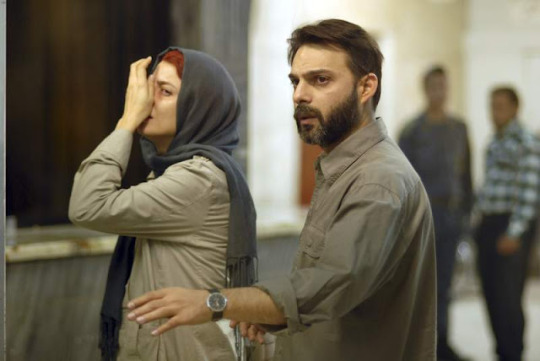
Leila Hatami and Peyman Moaadi in A Separation (Asghar Farhadi, 2011)
Cast: Peyman Moaadi, Leila Hatami, Sareh Bayat, Shahab Hosseini, Sarina Farhadi, Ali-Asghar Shahbadi, Shirin Yazdanbakhsh. Screenplay: Asghar Farhadi. Cinematography: Mahmoud Kalari. Production design: Keyvan Moghaddam. Film editing: Hayedeh Safiyari. Music: Sattar Oraki.
The original title in Persian of A Separation translates as The Separation of Nader and Simin, but the film is about more separations than just that of the husband and wife played by Peyman Moaadi and Leila Hatami. It's about the separations between parents and children, between the middle class and the laboring class, between the devout and the worldly, and between the judicial system and those it supposedly serves. And for American audiences it also serves as a reminder of the separation between the United States and the Islamic Republic of Iran. The movie was the first Iranian film to win the best foreign language film Oscar, and Farhadi's stunning script was also nominated for the best original screenplay Oscar. (It lost to Woody Allen's screenplay for Midnight in Paris.) Whatever we may think of the regime in Iran, the universality of the human problems presented in the film stands in sharp contrast to the usual American attitude toward Iranians as alien and hostile. It struck me especially because I watched another film about citizens caught in the inscrutable workings of their judicial system. Like the Russians in Leviathan (Andrey Zvyagintsev, 2014), the two Iranian families locked in conflict in Farhadi's film must cope with the seeming indifference of the judges to their complicated problems. I was feeling complacent about the American justice system until I watched a news segment on the horrific abuses of the public defender system which, especially if you happen to be poor and Black, is every bit as cruelly broken as the corrupt Russian courts and the hidebound Iranian ones.
0 notes
Text
A Separation | Another Glance at the Film Nader and Simin, A Separation
Nader and Simin, A Separation
A Separation is an Iranian drama film that was released in 2011 and was written and directed by Asghar Farhadi. The film stars Leila Hatami, Peyman Moaadi, Shahab Hosseini, Sareh Bayat, and Sarina Farhadi. A Separation is also known by its alternate title, "Nader and Simin, A Separation." The plot centers on an Iranian couple from the middle class who decide to divorce, the anguish and desperation endured by their daughter as a result of the egotistical disputes that led to their divorce, and the conflicts that arise when the husband hires a lower-class caregiver for his elderly father who suffers from Alzheimer's disease. The daughter also suffers from egotistical disputes and the divorce of her parents.
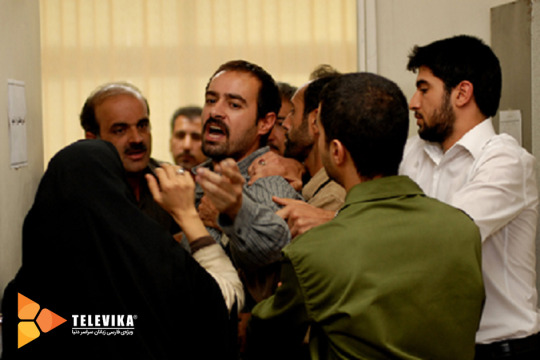
A Separation; A Movie More Than A Film
Even though it has been more than a decade since the premiere of Asghar Farhadi's most significant picture, A Separation, viewers interested in the film might find something new and appeal in viewing the film once more in the present day. When seeing the movie for a second time, one of the essential things to look out for is the discovery of minute and specific details. These details demonstrate the director's talent for turning a mundane occurrence into a dramatic situation that is both captivating and terrifying.
The success of Asghar Farhadi's fifth feature film has elevated him to such a high position that the script may easily serve as a learning unit in colleges throughout the world that teaches screenwriting and directing. In addition to having a remarkable effect on society, the picture's phenomenal success at international film festivals, for which it was nominated for the first Academy Award in the history of Iran's cinema, inspired a large number of other filmmakers to follow in his footsteps.

Because of the success of the movie "A Separation," filmmakers in Iran were inspired to produce films that could never provide the same level of creativity and effect that the story of A Separation had in the cultural and social spheres, but which nonetheless earned them recognition. It would seem that the key to Farhadi's success is a point that is both straightforward and challenging at the same time. This point is what sets him apart from all of his contemporaries and other directors. This uncomplicated argument is nothing more than an accent on the specifics.
Minute Details In “A Separation”
It is here that simple details such as taking the girl to school, leaving garbage at the door (which becomes a significant issue in court when the garbage bag is torn and the entrance stairs of the apartment are dirty), taking the change from the station attendant (which, along with the sequence of Nader's presence at Razie's house and writing a payment check in their name and recalling Nader's usual monologue about not giving money by force to anyone, shows a real manifestation of the contradictions of human behavior in different situations).
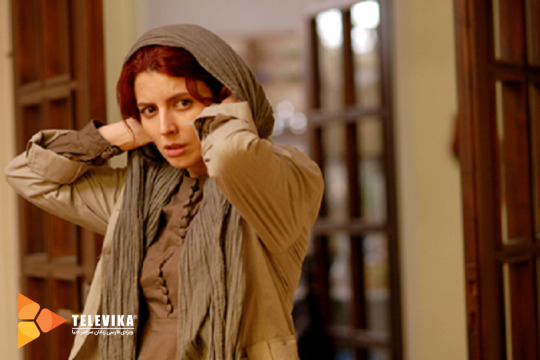
All the details above show us that we have seen a movie with an accurate and skilled filmmaker behind it that has a dramatic logic for all the moments of the story he is telling. Unlike directors who design and execute many scenes and dialogues of secondary characters just to increase the time of the film and reach the 90-minute limit of screening in cinemas; Surprisingly, Asghar Farhadi has not included any dialogue or action outside the structure of the drama or help characterization in the story.
Perhaps a look at the impact of secondary characters such as the neighbors and the teacher who tries the primary concern of the girl (Termeh, played by Sarina Farhadi), which is learning, let us know more about Asghar Farhadi's skill in complicating a simple situation through attention and focus on details.
Two Key Sequences in A Separation
Perhaps, Asghar Farhadi's intelligence can be seen in two sequences; 1) in The opening sequence - where the reason for the separation is migration to a country that offers a brighter future for them - 2) In the second scene of the film, Simin (played by Leila Hatami) amidst the clutter her house and passing through the workers who are busy carrying her piano, she went to different corners of her house to collect her belongings. This is the trembling camera on Farhadi, which, with its dynamic mise-en-scène, fuels the chaos in the atmosphere of the couple.
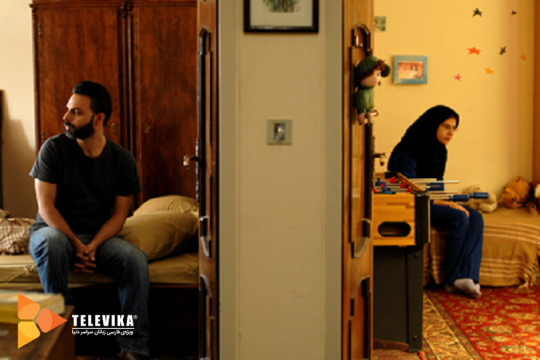
It takes about 7 minutes from the moment Simin enters the house to the moment she leaves, taking the nurse with her. During these 7 minutes, Asghar Farhadi quickly introduces us to the atmosphere of the house, the relationships between the main characters in his story, the grandfather who has Alzheimer's, and the nurse who agrees to work in their house to help the Simin family, making an acquaintance and spends the next few minutes of the film on the strength of the foundations of the drama, which all come to fruition in the second half with Razie's (played by Sareh Bayat) complaint against Nader.
A Separation Is NOT A Classic Drama
The exciting thing is that Farhadi, unlike the everyday classic dramas, which starts with a crisis in the relationship between the couple, and by involving them in a story, in the end, the story brings them to peace; The crisis of the couple in A Separation has continued endlessly, and even after solving their problem with Razieh's family (and despite the closeness of the husband and wife to each other, which leads to Simin's paternal house document being at their disposal), they are still aware of the divorce issue. It is deadlocked and makes the initial crisis of the film seem like an eternal inevitability.

The bitterness of the story takes on wider dimensions when we remember the girl who has always made her parents and those around her idol (We see the girl regularly studying and practicing the right behavior), and occasionally they teach her honesty and abstinence. She invites self-interested behavior by observing the mistakes and lies of his parents during the crisis, and she reaches strange conclusions from the complications of life, which even forces her to lie when faced with the judge's question; where she falsely says when facing the judge's question that she was the one who told her father about the exchange of phone numbers between the teacher and the nurse.
Maybe now, and in the face of the endless crisis that has gripped Nader and Simin's family, we can better understand the endgame that Asghar Farhadi has planned for the final chapter of his film. The end of the game comes from the heart of the drama itself and becomes an undeniable necessity.
All Things Turn Against Razieh
Both gender and social class are important considerations. In one of the scenes, a group of individuals can be seen lounging about the apartment and having a good time while playing table football. Family and friends are welcome to take part in the activity. But not Razieh. She is seen doing something quite pathetic in the kitchen where she is said to be working.
When Termeh's instructor Miss Ghahraii (Played by Merila Zare'i), stops over, she is shown respect due to a highly esteemed visitor. After all, she is instructing their daughter in the subject. However, what about Razieh? In addition, she is an essential family member since she is responsible for the care of Nader's father. On the other hand, nobody respects her. In addition to this, she is additionally constrained by the convictions of her own religious tradition.
The scenario, as shown by Farhadi, is like a pool of gasoline into which any occurrence falls like a lit match. Everyone is aware of their rights and how outraged they are when injustices or slights are committed, and the women bitterly realize that they must simultaneously discover a workable solution and persuade their male counterparts to accept it. However, the children are one item that cannot be negotiable.
Termeh takes the stage toward the conclusion. She observes everything, coerces her father into making a crucial admission, and is then painfully made to act in his place. Her suffering and rage are well concealed. But she is the one who will bear a dreadful, indescribable load—a moral and juridical burden. This is a pernicious kind of maltreatment that has been imposed upon her by the adults' conceit and greed. Farhadi skillfully and subtly turns this unpleasant argument into a modern tragedy.

A Separation Is Worth Watching Again and Again
In spite of Nader's careful care for his father, we still have a tendency to conceive of him as an authoritative patriarch along the lines of the character that Alfred Molina portrayed in the film Not Without My Daughter. However, after the opening scene, which is a magnificent single shot of the pair speaking to a judge who we only hear, Simin vanishes for a period of time.
When we were left alone with Nader, we quickly began to see how wrong our rapid judgment of his character had been. As we see him try to be a parent and provider for his daughter while also tending to the needs of his aging father, we start to empathize with him and may even find ourselves rooting for him. The remainder of the movie is spent with Farhadi using a maddening succession of mishaps to pull both of them closer to the core of the story. At long last, we recognize them for what they are: humans. They are not perfect, but there is hope for them still. Simply said, they have human characteristics.
#televika#farsi#seperation#asghar farhadi#peyman_maadi#leila hatami#تلویکا#جدایی_نادر_از_سیمین#اصغر_فرهادی#فیلم#فیلم_سینمایی#سریال#separation
0 notes
Text
Anonymous asked: hi!!! i was hoping you could provide a list of some actresses that have resources with them veiling? i'd prefer a good mix of cultures & ethnicities not just hijabis. also open to all ages! thank you!!!
(I somehow deleted the ask but I luckily sent it to a friend asking for suggestions! I sadly couldn't find many cultures with notable actresses/roles but I hope this helps.)
Afsaneh Bayegan (1961) Iranian.
Mahtab Keramati (1970) Iranian.
Leila Hatami (1972) Iranian.
Vishka Asayesh (1972) Iranian.
Hanan Tork (1974) Egyptian.
Elma Theana (1974) Indonesian.
Sarah Vi (1976) Indonesian.
Mahnaz Afshar (1977) Iranian.
Mercy Aigbe / Hajiya Meena (1978) Nigerian.
Sareh Bayat (1979) Iranian.
Niusha Zeighami (1980) Iranian.
Tannaz Tabatabaei (1983) Iranian.
Negar Javaherian (1983) Iranian.
Elnaz Shakerdoost (1984) Iranian.
Baran Kosari (1985) Iranian.
Yuna (1986) Malay and Bugis.
Heliza Helmi (1986) Malaysian.
Leah Vernon (1988) African-American.
Neelofa (1989) Malaysian.
Dina Torkia (1989) Egyptian / English.
Bella Dally (1991) Malaysian.
Wawa Zainal (1991) Bruneian, Bajau Malaysian, and Tausug Filipino.
Mariah Idrissi (1992) Pakistani and Moroccan.
Maria Alia (1993) Palestinian / Puerto Rican.
Mira Filzah (1993) Malaysian.
Elfira Loy (1994) Malaysian.
Leena Asad / With Love Leena (1994) Palestinian.
Habiba da Silva (1994) Lebanese, Syrian / Brazilian (Unspecified North African, Unspecified West African, Unspecified Indigenous, Italian, Spanish, Portuguese).
Jasmine Fares (1995)
Shahd Batal (1996) Sudanese.
Hajar Brown (1996) Moroccan.
Sabina Hannan (1996) Bangladeshi.
Halima Aden (1997) Somali.
Sonita Alizadeh (1997) Afghan.
Halima (1997) Somali.
Sarina Farhadi (1998) Iranian.
Touka El-Fawwal (1998) Egyptian.
Imen Siar (1999) Moroccan, Italian and British.
Laura Melodie Lutiq (?)
Roles only:
Öykü Karayel (Ethos) Turkish.
Yasmine Al Massri (Quantico) Palestinian / Egyptian.
Gizem Erdogan (Caliphate) Turkish.
Gülsim Ali (Payitaht Abdülhamid) Turkish.
Anjana Vasan (We Are Lady Parts) Tamil.
Juliette Motamed (We Are Lady Parts) Iranian.
Sarah Kameela Impey (We Are Lady Parts) Afro Guyanese / British.
Lucie Shorthouse (We Are Lady Parts) Kenyan.
Faith Omole (We Are Lady Parts) Black British.
Shraddha Kapoor (Haseena Parkar) Punjabi / Marathi and Konkani.
Medalion Rahimi (NCIS: LA) Iranian, Mizrahi Jewish.
Sunita Mani (Mr. Robot) Indian.
Nikohl Boosheri (The Bold Type) Iranian.
Mina El Hammani (Elite) Morrocan.
Assa Sylla (Skam France) Black French.
Iman Meskini (Skam) Tunisian / Norwegian.
Nicole Chamoun (Safe Harbour) Lebanese.
Amanda Stephen (Orange Is the New Black) Black Canadian.
Sinem Öztürk (Huzur Sokagi) Turkish.
Burçin Abdullah (Selam) Turkish.
Helana Sawires (Ali's Wedding) Egyptian.
Esra Bilgiç (Dirilis: Ertugrul) Turkish.
Özge Yagiz (Yemin) Turkish.
Nazanin Boniadi (Homeland) Iranian.
Alia Bhatt (Gully Boy) Kashmiri and German.
10 notes
·
View notes
Text
Cannes Film Festival 2023: Where Dreams Come to Life.

From May 16 through May 27, 2023, the 76th Cannes Film Festival took place. Jeanne du Barry, directed by Maiwenn, served as the festival's opening film, and Peter Sohn's Elemental served as its closing film.
Swedish director Ruben Ostlund served as the head of the jury for the 2023 festival. The jury's other members were:
Brie Larson
Paul Dano
Julia Ducournau
Leila Hatami
Rebecca Hall
Jeff Nichols
Deepika Padukone
Noomi Rapace
Jasmine Trinca
Chang Chen
The Palme d'Or was awarded to Triangle of Sadness, directed by Ruben Ostlund. The other major awards were:
Grand Prix: Close, directed by Lukas Dhont
Jury Prize: EO, directed by Jerzy Skolimowski
Best Director: Park Chan-wook, for Decision to Leave
Best Actress: Anamaria Vartolomei, for Happening
Best Actor: Song Kang-ho, for Broker
Best Screenplay: Tarik Saleh, for Boy from Heaven
Camera d'Or: The Quiet Girl, directed by Colm Bairead
The 2023 Cannes Film Festival was a significant occasion for the motion picture industry, as many notable films had their world premieres there. Some of the biggest names in film returned to the festival, including Julia Roberts, Scarlett Johansson, Leonardo DiCaprio, and Tom Hanks.
Many of the films that had their world premieres at the festival went on to win prizes and garner critical acclaim, making the 2023 Cannes Film Festival both critically and financially successful. The festival was also a big boost for the French Riviera because it brought in a lot of much-needed money.
Read More.
1 note
·
View note
Text
Venezia 79. «All the Beauty and the Bloodshed» è il miglior film
Venezia 79. «All the Beauty and the Bloodshed» di Laura Poitras è il miglior film
La giuria di Venezia 79, presieduta da Julianne Moore e composta da Mariano Cohn, Leonardo Di Costanzo, Audrey Diwan, Leila Hatami, Kazuo Ishiguro e Rodrigo Sorogoyen, dopo aver visionato i 23 film in competizione ha deciso di assegnare il Leone d’oro per il miglior film a All the Beauty and the Bloodshed di Laura Poitras (USA).
Il film della regista Poitras si è aggiudicato anche il Premio…
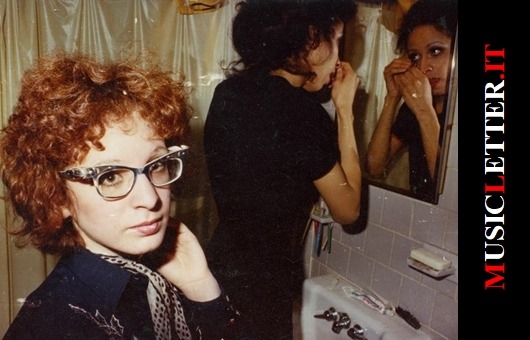
View On WordPress
0 notes
Text
0 notes

